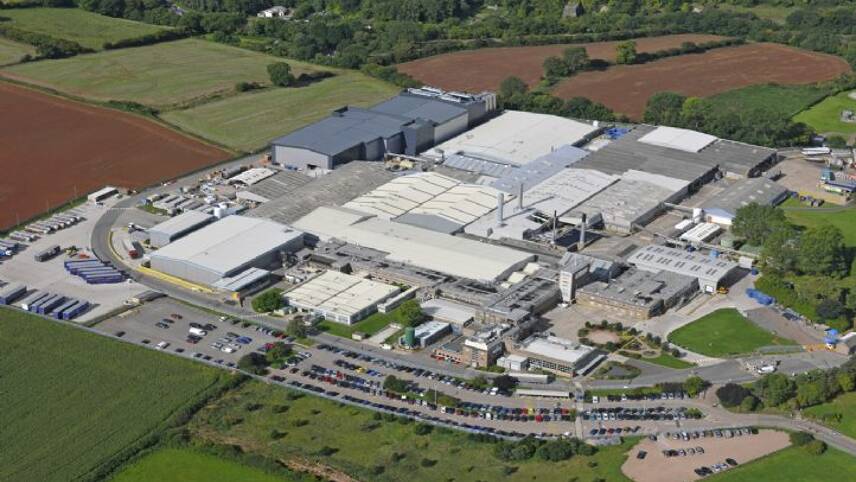Register for free and continue reading
Join our growing army of changemakers and get unlimited access to our premium content

The innovative technology is set to slash the factory's overall water footprint by 4.4%
The high-speed bottle filling devices are set to reduce the amount of water required to produce each soft drink bottle by 40%, delivering a 40% reduction in the amount of energy used during the manufacturing process at the same time.
Overall, the technology is predicted to reduce the Coleford-based factory’s total water footprint by 4.4% once it becomes fully operational. It will be installed in spring and come online before the end of 2019, LRS announced on Monday (14 January).
LRS UK’s purchase of the technology is being supported by a £13m grant from the company’s Suntory headquarters in Tokyo, Japan. Around £10m of the grant will be spent on the equipment, with the remaining £3m earmarked for the payment of contractors.
“This investment not only underpins the company’s continued commitment to UK manufacturing, but it also demonstrates just how seriously we take our responsibility to sustainability,” LRS UK’s director of sustainability and external affairs Michelle Norman said.
“It is fantastic that by installing the latest filling technology we are able to reduce the amount of water and energy required so significantly.”
A sustainability strategy which holds water
The installation of the new bottle fillers reflects Suntory’s overarching pledge to limit its water consumption in line with planetary boundaries – a commitment the company calls “Mizu To Ikiru”, which translates directly to “living with water”.
Under this pledge, LRS UK has set a 2020 target of reducing its overall water footprint by 15%, against a 2008 baseline – an aim it is currently on track to achieve.
The company’s Coleford factory has been particularly instrumental in driving its water reduction efforts to date. Two boreholes were installed at the facility in 2015, enabling staff there to meet half of the factory’s water demands with water from land owned by LRS. This has helped LRS to reduce its reliance on water from the town’s system, which has, in turn, minimised its water wastage and the negative impact it has on local resources.
Elsewhere in its sustainability actions, LRS has also made several moves to become more resource-efficient in terms of its packaging in recent months. The company became a founding signatory of WRAP’s UK Plastics Pact, which commits to ensuring that 100% of its plastic packaging is reusable, recyclable or compostable by 2025, last April.
Since then, LRS has partnered with environmental charity Hubbub to improve on-the-go recycling facilities and has begun trialling edible drinks sachets made from seaweed at sporting events.
The company, which has used 100% post-consumer recycled plastic to house its Ribena lines since 2008, is also set to launch a lightweight version of its most popular product – 500ml Ribena bottles – this month. LRS claims this packaging redesign will mitigate the use of around 325 tonnes of plastic annually.
Sarah George


Please login or Register to leave a comment.